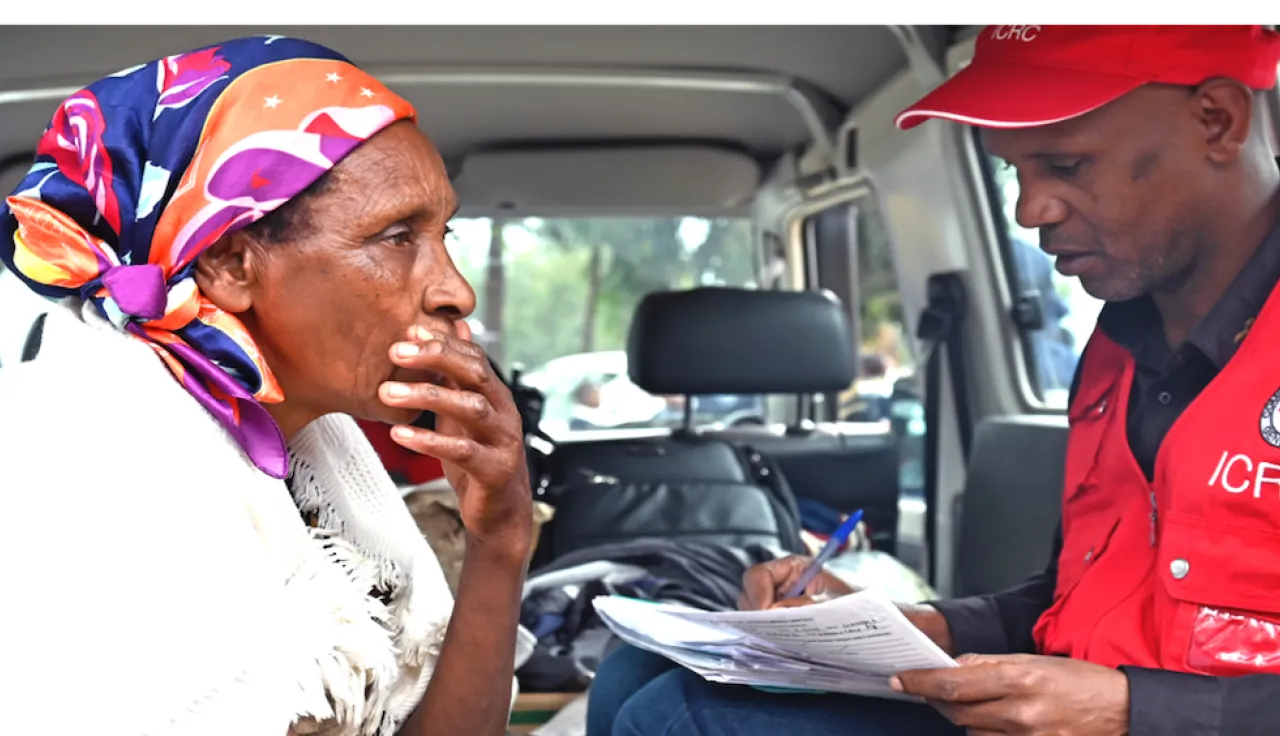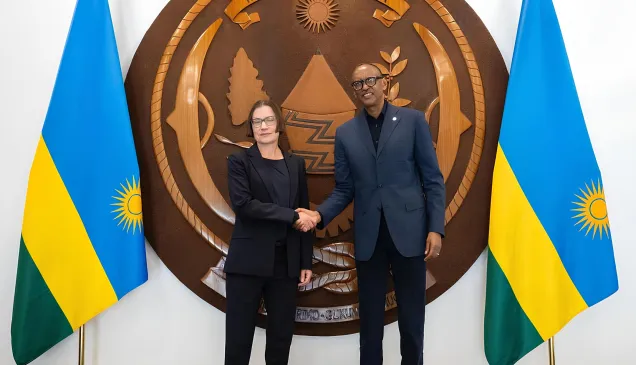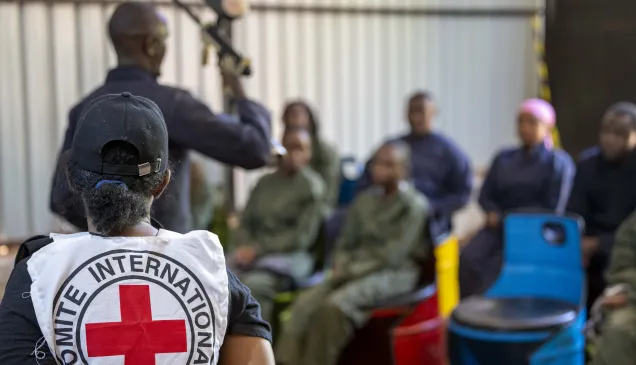Rwanda: Facts & Figures 2024

In 2024, the humanitarian landscape continued to be shaped by crises, including armed conflicts and violence, affecting some of the most vulnerable populations. East-Africa was no exception. Despite global humanitarian funding constraints, the International Committee of the Red Cross (ICRC) maintained its commitment to neutral, impartial and independent humanitarian action.
One example is our support to families separated as they escape conflict and other situations of violence in the Great Lakes Region, crossing borders, including into Rwanda. In partnership with the Rwanda Red Cross Society (RRCS) and other components of the International Red Cross and Red Crescent Movement, we help reconnect and reunify family members, ensuring their right to remain connected with their loved ones.
We could not do this work without strong partners within the Red Cross Movement. As part of our collaboration with the RRCS, we aim to strengthen its capacity to provide quality humanitarian services, as a first responder in times of crises.
International humanitarian law (IHL) is at the core of ICRC’s mandate and mission. In Rwanda as well, the ICRC continued to promote awareness, understanding, and respect for IHL, working closely with national authorities, military and law enforcement institutions, diplomatic and academic circles, as well as media. The aim is to ensure the safety and dignity of people affected by armed conflicts. To this end, we supported Rwanda’s efforts to integrate and implement both IHL and International Human Rights Law (IHRL) into national legal framework, and to disseminate IHL in pre-deployment sessions with troops training for their deployment abroad.



